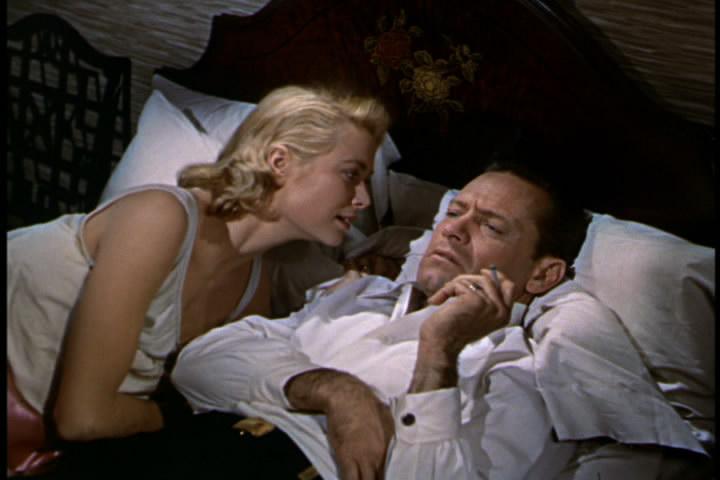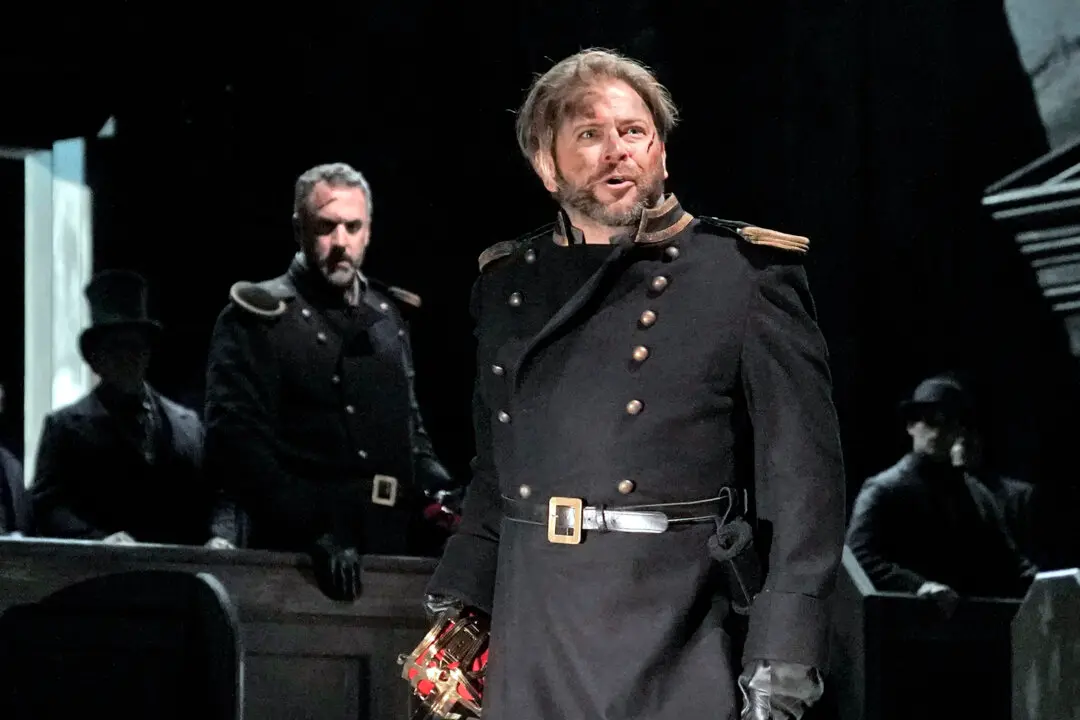World War II themes dominated American films for its duration and remained popular through the 1940s. Since then, World War II has been the most common setting for war films because of its long duration, dual fronts, and huge impact on American culture. Following in its wake, the Korean War, lasting only from 1951 to 1953, without the same cultural impact and patriotic appeal, has been largely forgotten. Interestingly, it also lacked the previous war’s media coverage. In fact, so few movies were made about the Korean War during its duration that it’s easy for classic film fans to forget it even happened. One of the few 1950s movies about the Korean War is “The Bridges at Toko-Ri.”
Released in December 1954, “The Bridges at Toko-Ri” was made just after the war ended and provided an honest, realistic look at Americans’ role in this fight. It was based on the 1953 novel of the same name, which was inspired by events witnessed firsthand by author James A. Michener during his time aboard aircraft carriers as a news correspondent. The film sticks closely to the novel’s plot, partly due to William Holden’s insistence that it not be given a “Hollywood” ending.






